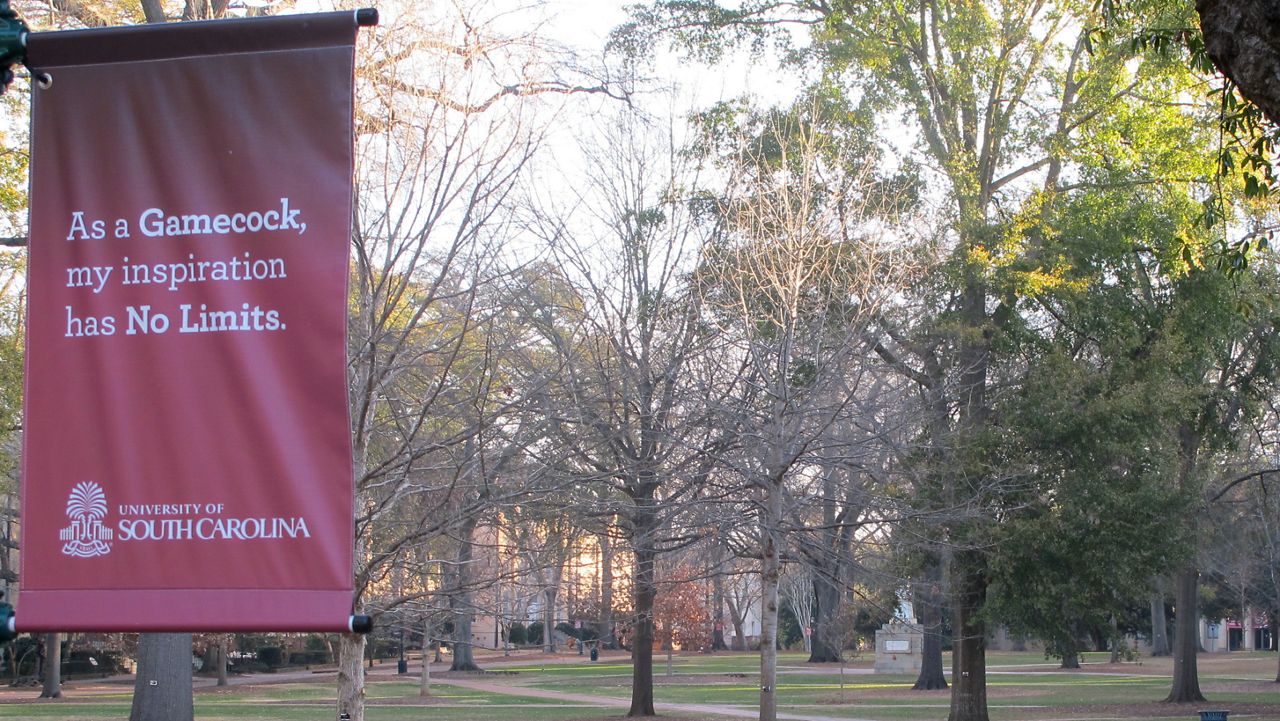COLUMBIA, S.C. — South Carolina’s House of Representatives passed a bill Wednesday that could prohibit diversity, equity and inclusion (DEI) programs across the state.
The “Ending Illegal Discrimination and Restoring Merit-based Opportunity Act” passed 82-32 primarily along party lines after it was first introduced by House Republicans in early February.
The bill bans all public schools, local governments and state agencies from implementing or promoting DEI-related initiatives.
It defines DEI as "any preferences, mandates, policies, programs, activities, guidance, regulations, enforcement actions, consent orders, or requirements implemented by a public entity that constitutes illegal discrimination on the basis of race, color, religion, sex, or national origin."
The South Carolina Republican Caucus took to Facebook to praise the bill’s passing, calling it a “Trump-style DEI ban".
“President Donald J. Trump took bold action to end DEI in the federal government — and now SC is the first to follow his lead and make it state law,” the group wrote. “Our bill mirrors Trump’s EO and ends illegal DEI mandates in state government, education, and public contracts—eliminating race-based preferences, forced ideology, and identity-based discrimination.”
Since taking office in January, President Trump has signed a series of executive orders aimed at curbing diversity, equity and inclusion efforts at the federal level.
Democrats argued the chamber's bill sends the wrong message.
“This is no longer the anti-DEI bill to me. This is the anti-opportunity bill,” said Rep. Wendell Jones, D-Piedmont. “You’re closing the door on so many people. We’re going to lose businesses. We’re going to lose talent. We’re going to lose championships. Because those same kids are now looking to ‘blue’ states to try to figure out where can I go to play. … Let me go where they appreciate me.”
The bill’s future remains uncertain with the current legislative session expected to wrap in early May.
It will still need approval from the Senate and Gov. McMaster before it can become state law.
A similar bill currently resides in the South Carolina Senate.










